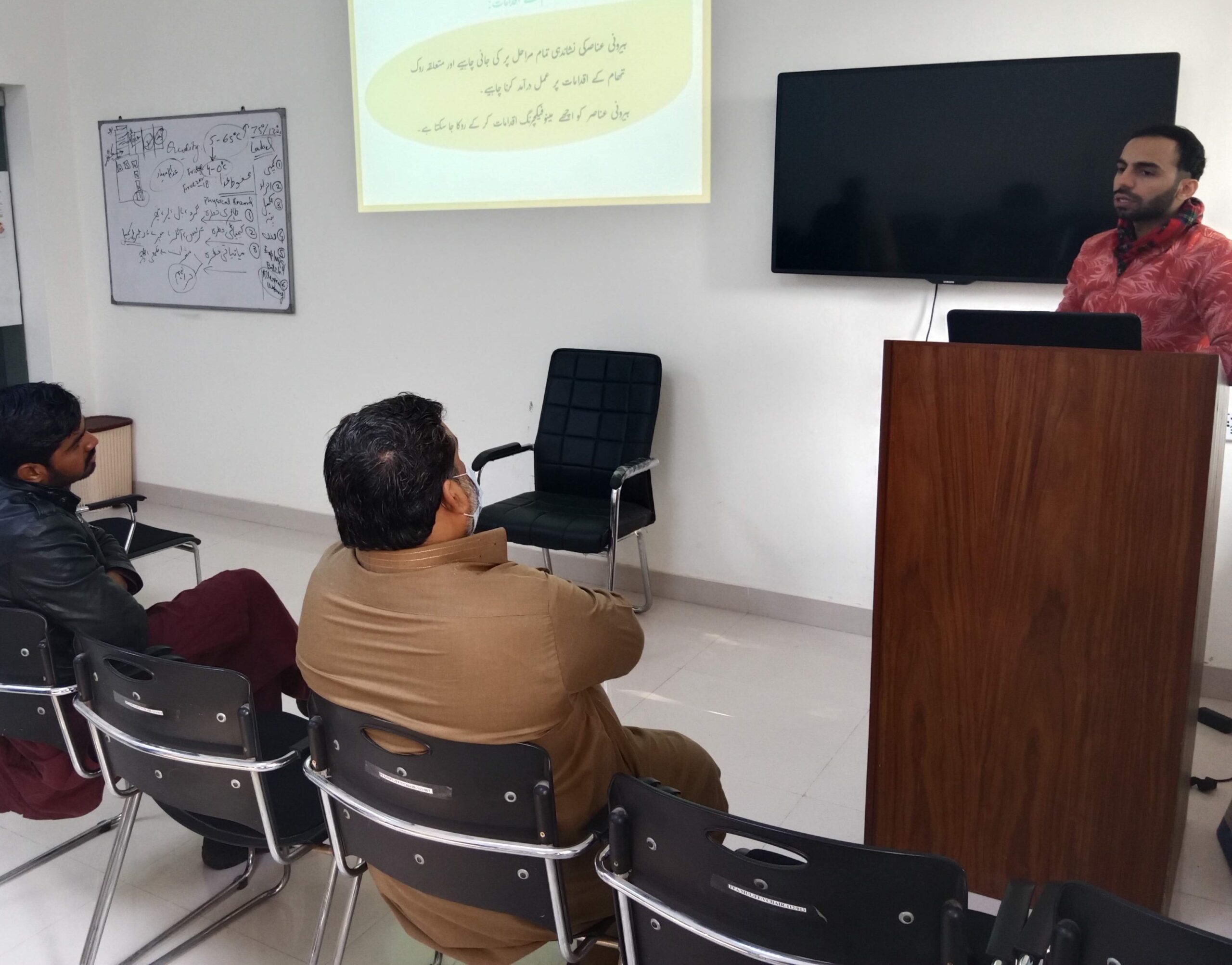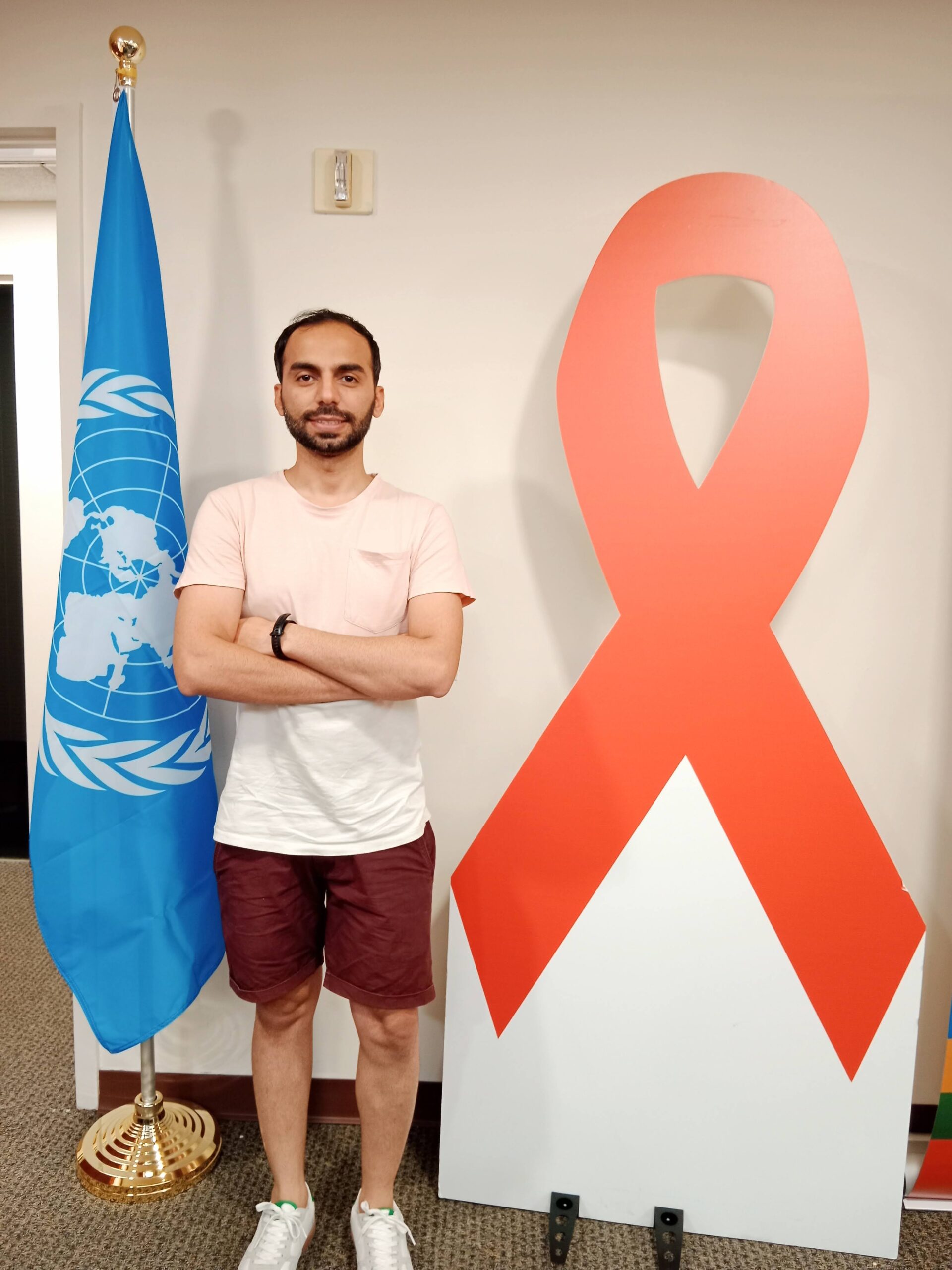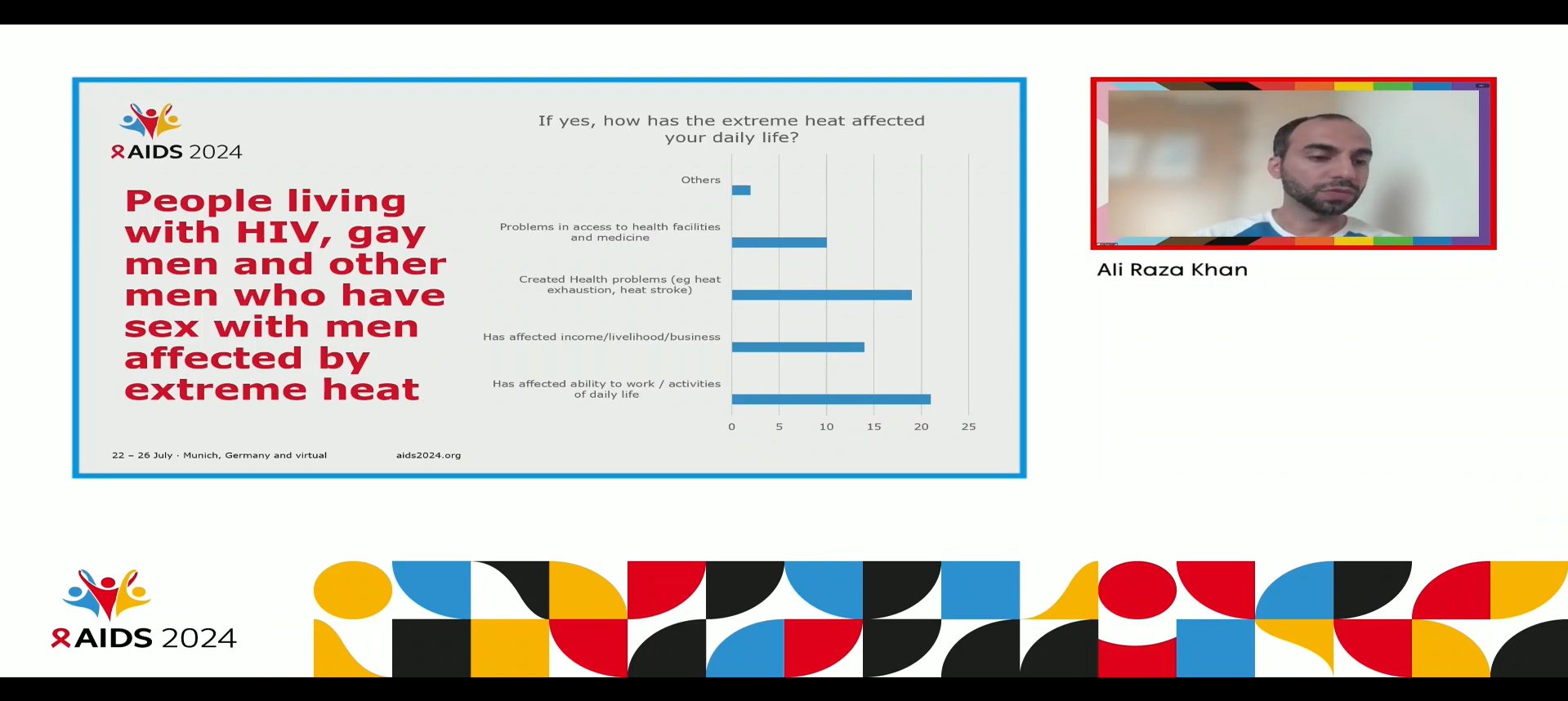Category: Food & Climate
-

Raising Voices for Food Security and Climate Resilience at the World Food Forum 2024
The World Food Forum 2024 is a pivotal event addressing the intertwined challenges of food security and climate change. This year, Ali Raza Khan is honored to join global leaders, experts, and advocates at the FAO headquarters in Rome, Italy, with a primary focus on Global Youth Action. Ali Raza Khan’s journey in this field…
-

Advocate for Change: A Journey to the World Food Forum 2024
I am thrilled to announce that I have been invited to the prestigious FAO headquarters in Rome, Italy, to attend the international conference, World Food Forum 2024. It’s an incredible honor to participate in this significant event, particularly focusing on Global Youth Action, a cause close to my heart. As a dedicated member of civil…
-

Speaker Ali Raza Khan: From Ruin to Resilience: Harnessing Community Strength in the Face of Natural Disasters
Munich, Germany – The AIDS 2024 conference will feature a pivotal session titled “From Ruin to Resilience: Harnessing Community Strength in the Face of Natural Disasters,” highlighting the critical intersection of climate change and public health. This scientific symposium, accredited for Continuing Medical Education (CME), will take place on July 25, 2024, from 15:00 to…

